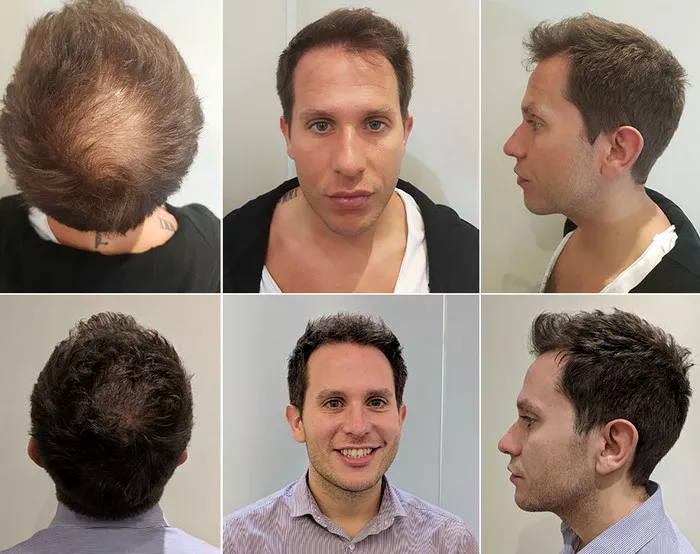Turkey has solidified its position as a premier global destination for plastic surgery, particularly in the field of hair transplantation, with individuals from Europe, America, and even as far as Australia seeking its services, according to industry experts.
Servet Terziler, the head of the Turkish Health Tourism Association (TÜSATDER), revealed to daily Milliyet that Turkey’s journey in the realm of health tourism commenced with hair transplants, a sector now generating an astonishing $2 billion annually. Initially, visitors from the Middle East and Arabian Peninsula flocked to Istanbul, but recent years have seen a substantial surge in interest from Europeans.
Furthermore, Terziler emphasized that the thriving sector attracts a diverse clientele, including notable figures from the United States and textile magnates from India and Pakistan, some of whom arrive in their private jets. Remarkably, even individuals from Australia, despite a grueling 24-hour flight, are drawn to Turkey for hair transplant procedures, including octogenarians.
The cost of hair transplants in Turkey is notably more competitive, ranging from $2,500 to $3,000, compared to European counterparts that typically charge a minimum of 8,000 to 10,000 euros ($8,600-$10,800), and renowned American doctors who demand no less than $10,000 to $15,000, Terziler argued.
Additionally, Terziler unveiled an innovative development in the field – a hair transplant robot. This cutting-edge technology not only reduces the risk of bleeding during the procedure but also allows patients to monitor the operation. Efforts are currently underway to introduce this advanced system to international markets.
However, Terziler cautioned against the proliferation of illicit and unlicensed operations that primarily compete on price, urging the industry to prioritize quality and professionalism to ensure continued growth.
Ercan Karakuş, the head of the Health Tourism Association, echoed this concern, emphasizing that proper training and oversight are essential for the industry’s credibility. “No matter how good Turkey is in this regard, problems will continue as long as under-the-counter businesses are not closed,” he warned.


